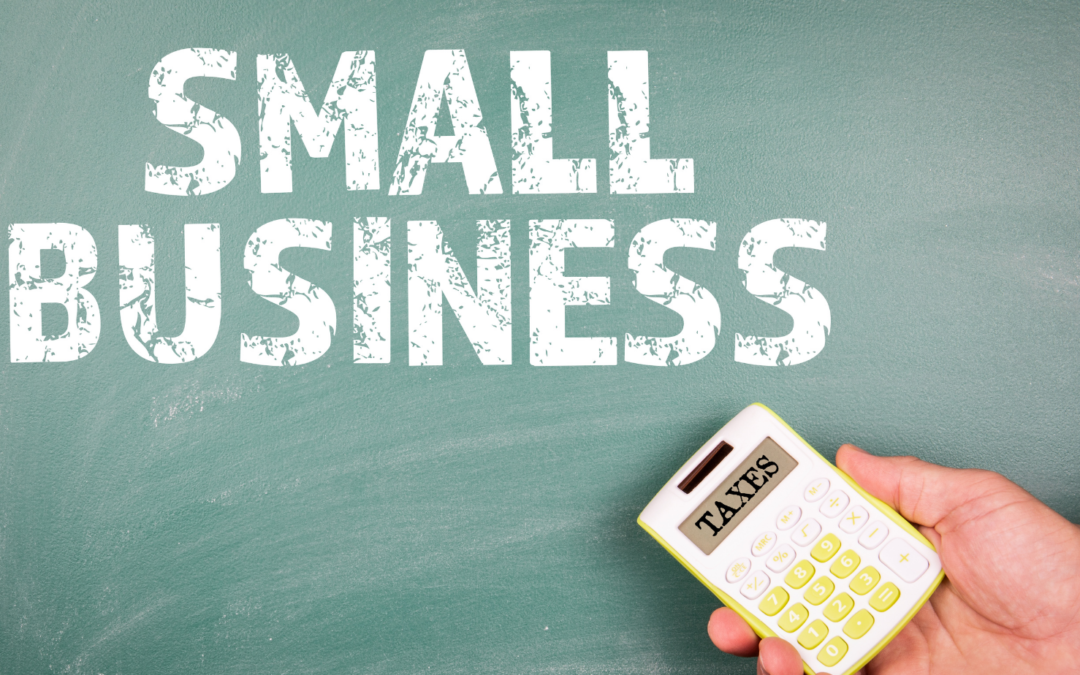Running a business is hard enough without adding the complexity of filing taxes each year. The key, experts say, is to work with your accountant throughout the year, not just when you prepare your tax return. Here are five best practices for small business taxes when it comes to tax preparation.
1. Don’t wait until the very last minute – All business owners are guilty of procrastinating at some point or another. “I’ll do it tomorrow” turns into “I’ll do it next week.” Then all of a sudden, you’re left scrambling to get what you need done at the eleventh hour.
To avoid last-minute tax planning, set aside time in your schedule each week to sit down and chip away at your tax planning duties. You can even set reminders for yourself (e.g., on your phone or calendar) to take a step back from your other work and spend time working on your tax planning.
2. Know the filing deadlines – Tax day typically falls on April 15 for most people, but if that date falls on a weekend or holiday, the IRS pushes the deadline to the following business day. But tax day isn’t the only important date for small business owners. Here are a few other important dates for you to know, so you can plan ahead.
- April 15, 2021: First-quarter 2021 estimated tax payments due
- June 15, 2021: Second-quarter 2021 estimated tax payments due
- September 15, 2021: Third-quarter 2021 estimated tax payments due
- January 17, 2022: Fourth-quarter 2021 estimated tax payments due
3.Correctly classify your business – Failing to properly classify your business could result in overpaying taxes. Deciding whether to classify your company as either a C Corporation, S Corporation, Limited Liability Partnership, Limited Liability Company, Single Member LLC or Sole Proprietor will have a different effect on your taxes. It’s important that small businesses consult with an attorney and accountant to determine how their businesses should be classified.
4. Determine what tax deductions you’re eligible for – Before closing your books at year-end, find out which tax deductions you are eligible for. Know the deductions that apply to your business and how to correctly deduct them. Some tax deductions are; Home office, Employee expenses, Business use of a car, Travel expenses and Charitable contribution.
5. Know how you will pay your taxes – It is incredibly rewarding to live the dream of owning your own business, but the hard work required to generate revenue makes paying taxes extra painful. This is especially true because of the “pay as you go” tax system that the United States uses, which asks business owners to make quarterly estimated payments. While employees pay their taxes ahead via payroll deductions withheld by their employers, there is no such automatic system set up for small business owners, and that leaves many with the temptation of delaying making payments in order to maintain liquidity.
Every business’s tax situation is unique, so it’s important to discuss these small business tax planning strategies with AccountMaster before making any significant moves. Contact us today!


Recent Comments